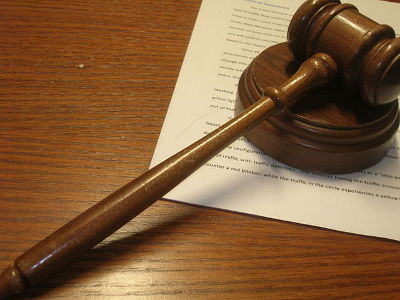
A call has gone out to media practitioners to help create awareness on the importance of the Administration Criminal Justice Act (ACJA).This call was made by Mrs Eseosa Okuku, a fellow of the National Judicial Institute (NJI) at the closing ceremony of a two-day workshop organised by the National Association of Judiciary Correspondents (NAJUC) in Abuja on Tuesday.The workshop was organised by the National Judicial Institute with the theme: “Empowering Judicial Correspondents for Effective and Efficient Reportage’’.Okuku, who spoke on Understanding the Administration of Criminal Justice Acts, described the media as intermediaries between the judiciary and the public.“The media has a very important role to play in creating awareness and sensitising members of the public on the reforms to the Criminal Justice System by the Act.
“The ACJA presents an excellent opportunity to entrench standard principles and international best practices into the criminal justice administration.“The states are therefore encouraged to key into the innovations of the Act and enact their own Administration of Criminal Justice Laws at the states level using the ACJA as a model,’’ she said.She said that the ACJA was modelled after the administration of criminal justice law of Lagos State and commended Ekiti and Ondo who had already passed their own Administration of Criminal Justice Law.Okuku called on states such as Kaduna, Cross River and Anambra who were in the process of passing their own to do so on time.Mr Christopher Ogundare, another research fellow, NJI, called on journalists to be wary of defamation in their reportage.According to Ogundare, defamation of one’s character is a serious crime under the law which judicial correspondents must guard against in every of their report.He called on journalists to imbibe the act of saying the truth, balancing and being objective in every report they pushed out for the consumption of the general public.
“Perhaps the Nigerian Union of Journalists (NUJ) or Guild of Editors could consider setting up an ethics committee and code of conduct to ensure that uniform standard are maintained and rights are not unduly infringed with falsehoods.“Otherwise, our press will falter in its duty to publish if this is not freely done without “fear or favour’’.Papers presented at the workshop included Techniques of Reporting Court Proceedings, Code of Ethics for Nigeria journalists, the Media and Law of defamation.Source : The Nation
